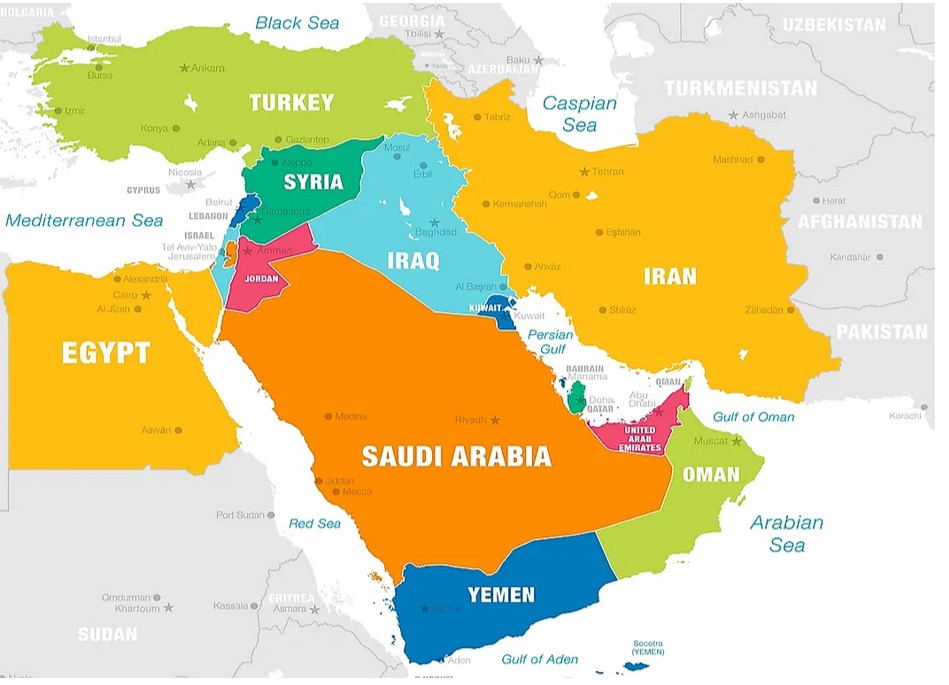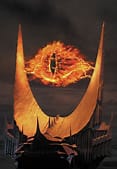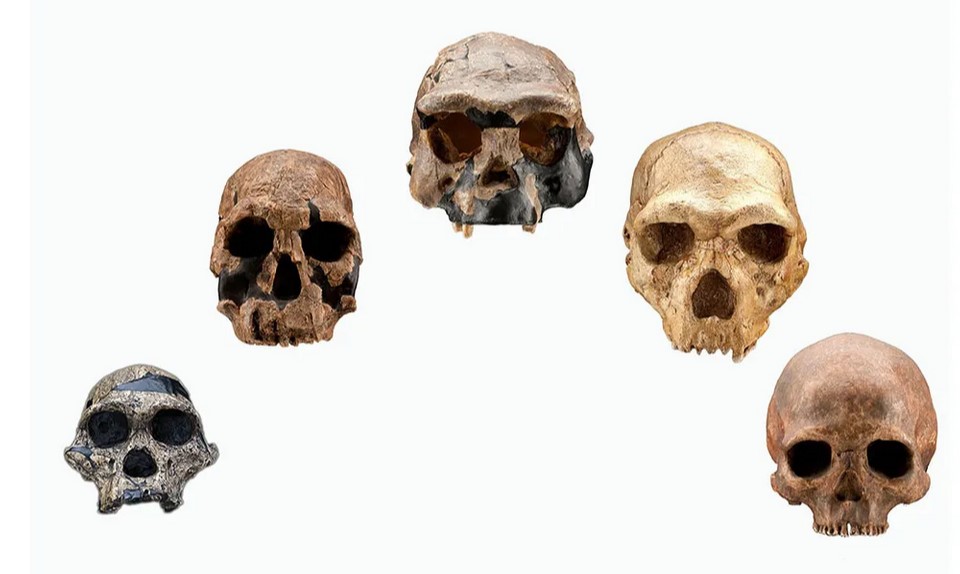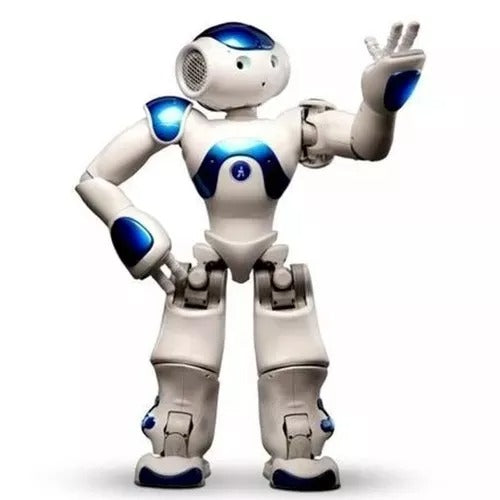It is certainly true and defensible that the first concern of any species is its own survival and Homo sapiens is an excellent example on a grand scale. But there is comfort to be found in that the rest of existence is in good shape and carrying on. The planet and its kin are doing fine. For example, reported in Scientific American:
The Helmetshrike
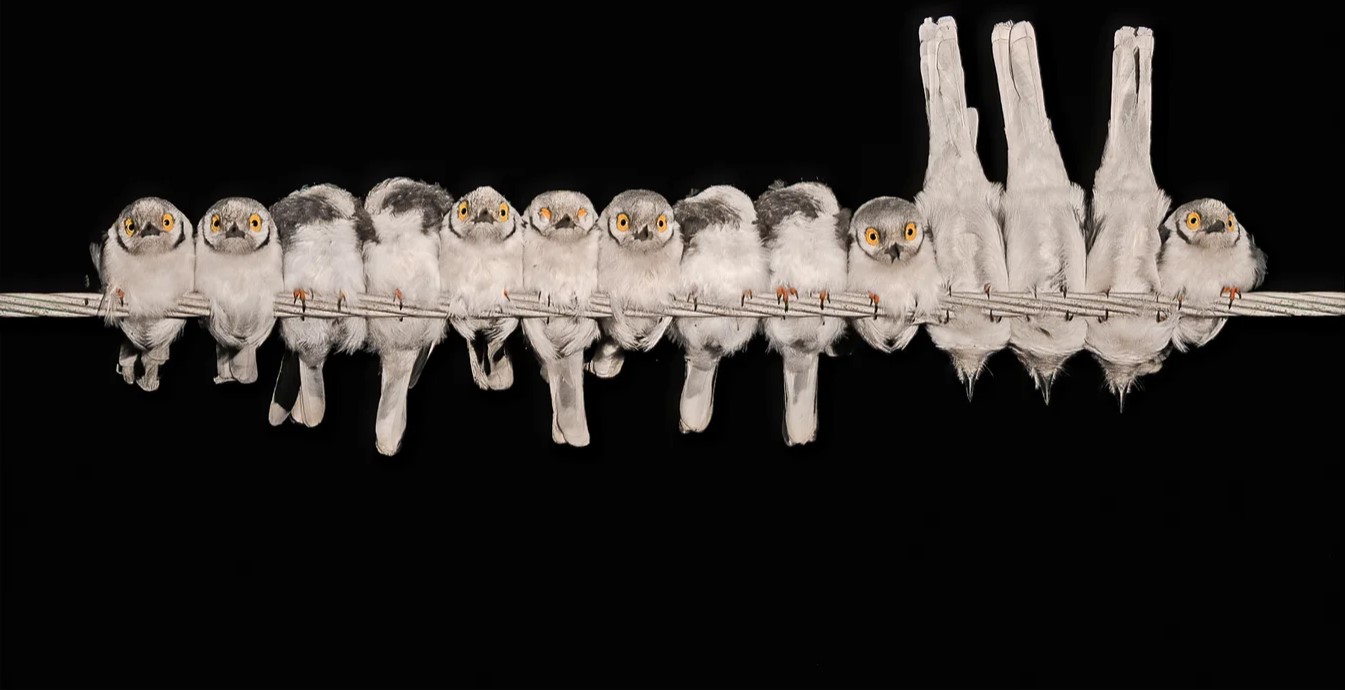
In the Sabi Sand Nature Reserve in South Africa, U.K. photographer Gary Collyer and his safari group heard noises above them and turned on a lamp. The result was Helmetshrikes preparing to sleep. They huddle together for warmth and balance. No concern about Homo’s trials and tribulations here.
The Bison: from 30 million to 325 (1884) to 500,000 today.
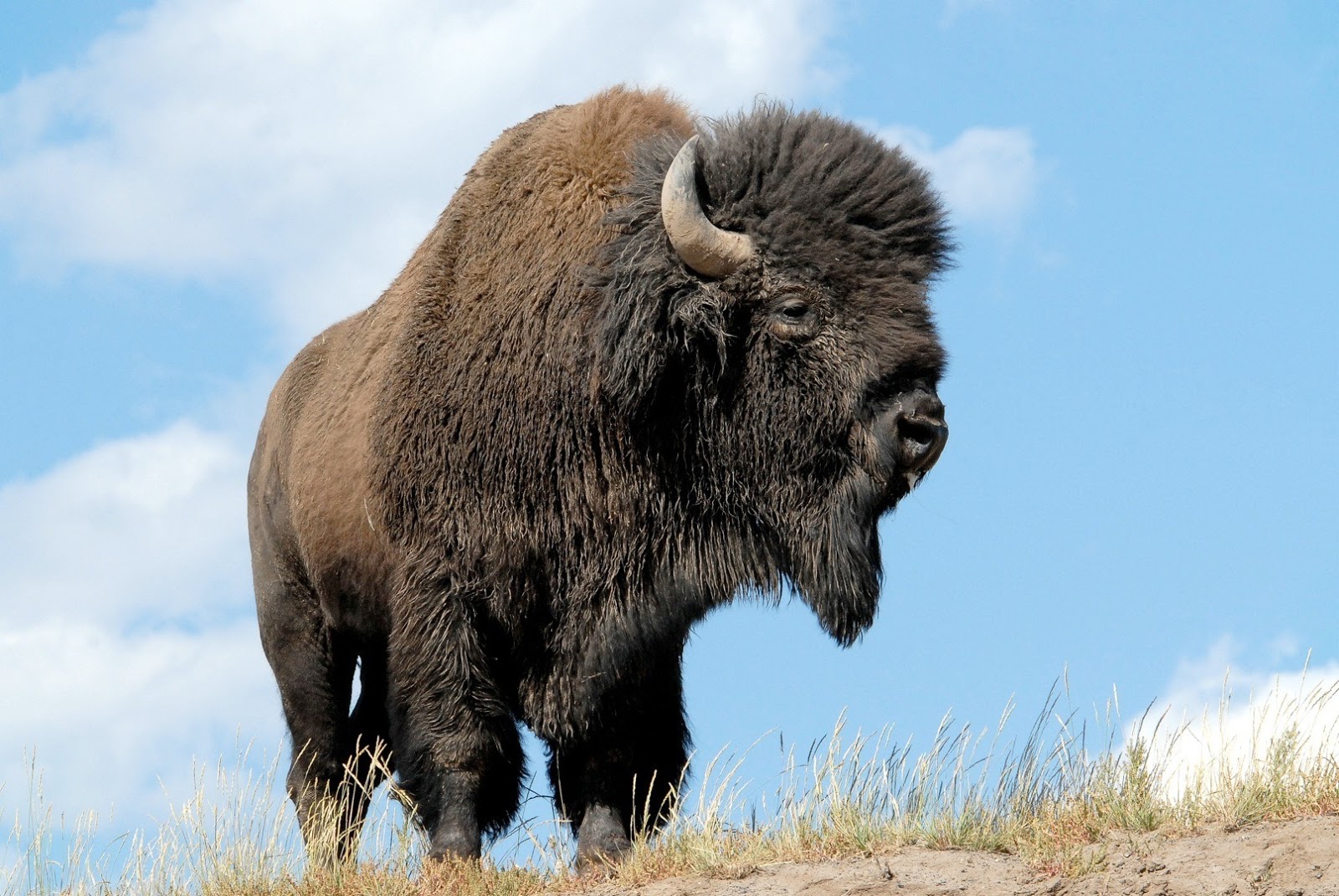
One of the great tragedies caused by Homo was the elimination of the American Bison by white Americans. It was a tragedy to bison and Native Americans, both of which were slaughtered and dismembered without pause or recrimination. The important news is that Homo has managed to halt the elimination of a species – a rare event. The North American Indian still survives but without what one might call restoration to the norm.
Celebration of Community

The American broadcast industry is addicted to reporting troubling information, gossip and promoting news based on commercial value. The important news is that local communities still try their best to celebrate normalcy and unity. Togetherness is the mood of the occasion and fun is had by all. Perhaps there is a good element at the base of Homo behavior.
Legal migrants receive community assistance

Trashing immigrants is not the important news. What is important news is that destitute families are assisted by small communities and neighborhoods as the family makes its way to a new beginning – which any of us would do if we were in the same situation.
Will sanity return to Homo sapiens via its tribal/community societies? The plant kingdom understands this principal – it doesn’t start with the flower, it starts with the root.
Ancient Mariner

